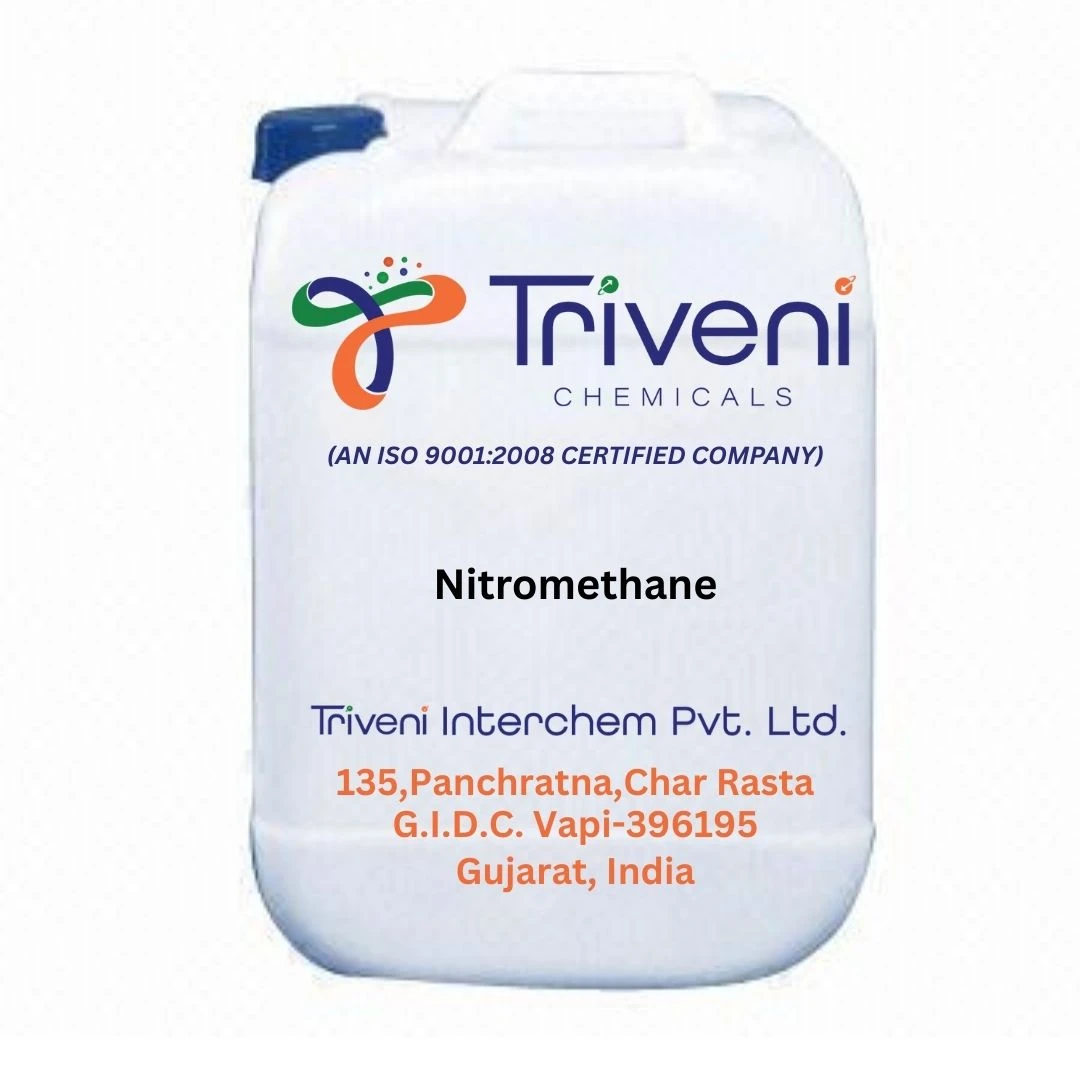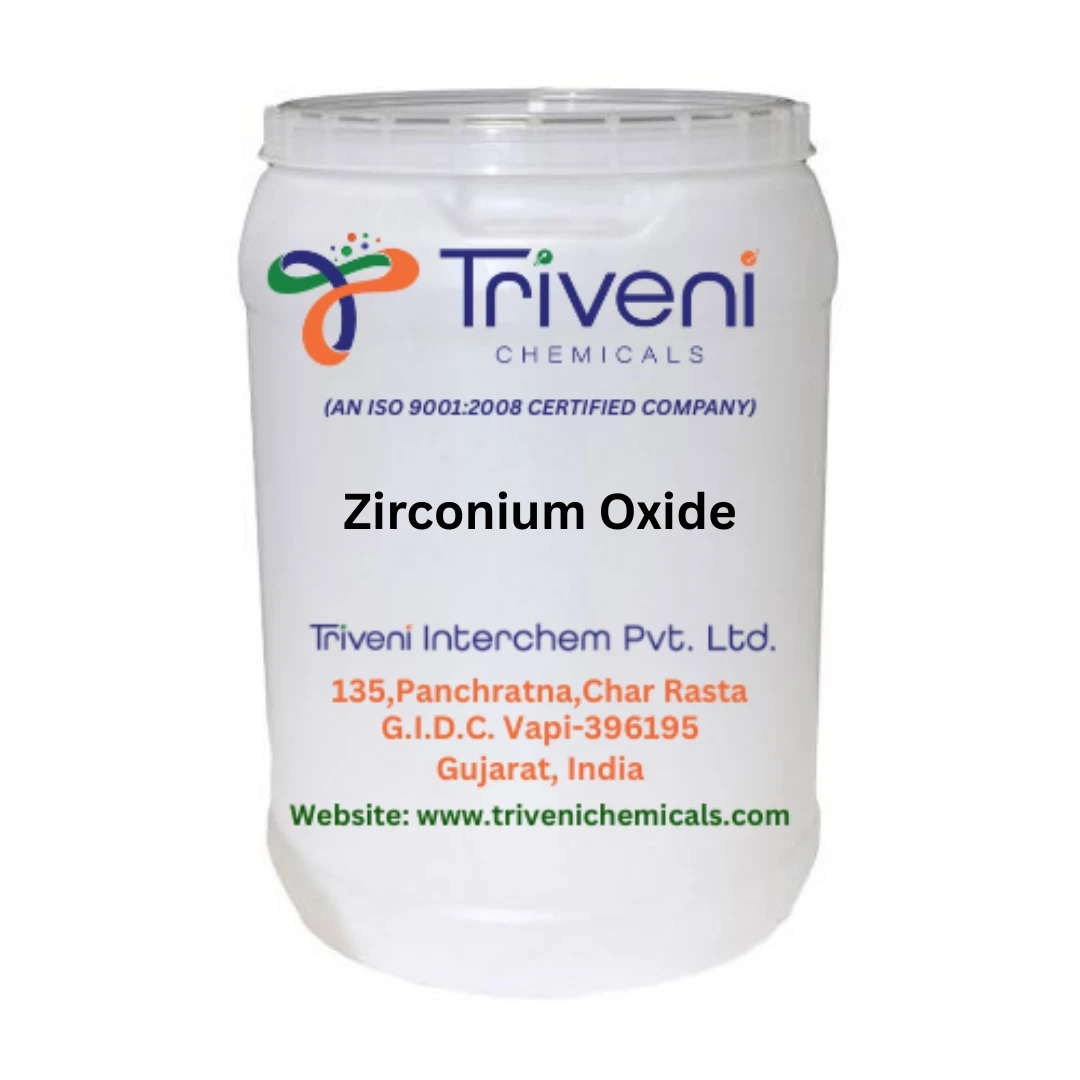Chemical substances known as fuel additives are used to improve the efficiency and performance of fuels, especially in internal combustion engines. These additives can lessen pollutants, increase fuel efficiency, and shield the engine from deposits and wear. Here are some essential details regarding fuel additives:Enhanced Combustion: Enhancing combustion efficiency is..
Chemical substances known as fuel additives are used to improve the efficiency and performance of fuels, especially in internal combustion engines. These additives can lessen pollutants, increase fuel efficiency, and shield the engine from deposits and wear. Here are some essential details regarding fuel additives:Enhanced Combustion: Enhancing combustion efficiency is one of the main advantages of fuel additives. Additives provide a more thorough and effective burn inside the engine cylinders by changing the chemical characteristics of the gasoline. As a result, power production rises and fuel efficiency increases. Cleaner Engine: Fuel additives help to maintain a clean engine by containing detergents and dispersants. Engines are susceptible to carbon, varnish, and other pollutant deposits over time. Engine efficiency and performance may be affected by these deposits. By preventing the accumulation of these deposits, additives guarantee the engine's smooth and effective operation. Emissions Reduction: Some fuel additives are made with the intention of lowering the car's hazardous emissions. These additives can reduce the concentrations of pollutants like carbon monoxide (CO), nitrogen oxides (NOx), and particulate matter by encouraging better combustion. This helps cars meet emissions standards and is also good for the environment. Protection from Corrosion: Additives also help to keep engine parts and the fuel system free of corrosion. Fuels combined with ethanol, for instance, have the potential to corrode specific metals. Essential engine components have a longer lifespan because of additives, which provide a barrier against corrosion. Stabilization: The stability of fuel can also be enhanced by fuel additives. This is especially crucial for fuel that has been kept for a long time or for cars that are not used frequently. Fuel degradation and the development of gums and varnishes, which can clog injectors and fuel lines, are avoided by stabilizers. Cold Weather Performance: Certain gasoline additives can stop fuel from freezing or gelling in cold weather. This is necessary to provide smooth fuel flow and dependable engine starting in cars that are driven in cold weather. Types of Additives: Fuel additives come in a variety of forms, each intended for a particular use. Stabilizers, lubricants, detergents, and octane boosters are examples of common additions. Drivers can select additives according to their own requirements, which may include enhancing performance, cleaning the engine, or resolving ethanol-related problems. To sum up, fuel additives are essential for maximizing engine performance, increasing fuel efficiency, lowering emissions, and extending engine life. A cleaner, more dependable, more efficient car can be yours if you choose the appropriate additives and use them as directed.




